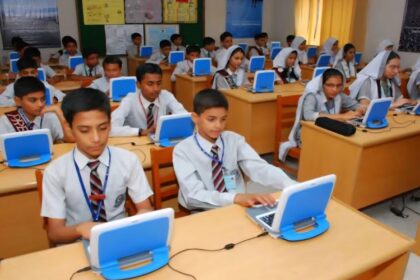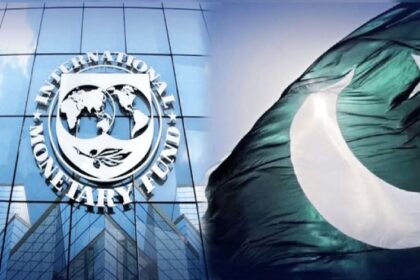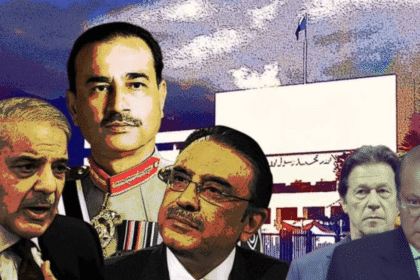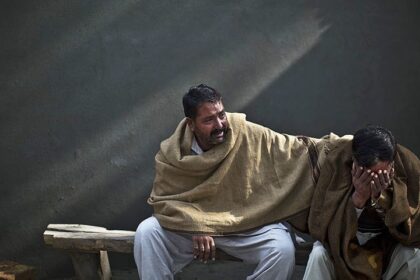Environmental expert Dr Asif Iqbal has earned a PhD in Environmental Science after presenting a research paper on “Modelling the nexus of municipal solid waste sector for climate resilience and adaptation to nature-based solutions: A case study of Pakistan”, which aimed at providing economic stability to Pakistan and achieving zero carbon footprints.
Talking to Jarida Today, Dr Asif Iqbal, a graduate of the Government College University of Lahore, reaffirmed his commitment to utilizing all his skills to address the growing complexities of solid waste management and their complete elimination. He said that his research paper addresses the critical issue of municipal solid waste management in developing economies, focusing on its impact on climate change, the local ecosystem, and potential for achieving carbon neutrality.
He said that it also highlights the challenges faced by these economies in managing waste effectively, emphasizing the importance of foreign cooperation and the adoption of green technologies to mitigate environmental degradation. In his research paper, he outlined the current state of municipal solid waste management in developing countries, where waste collection is often prioritized over proper disposal.
He argued that this approach often leads to significant ecological and environmental harm, including the degradation of local ecosystems and contributions to global greenhouse gas emissions. The study pointed out that only a portion of the waste generated is collected, and much of it is either openly dumped or disposed of in sanitary landfills, causing severe ecological impacts.
Dr Asif Iqbal underscores urgent need for developing economies to transition from their current waste management practices to more sustainable methods
Dr Asif Iqbal also presented the calculation of the ecological impact value (WS-EIV) of the waste sector across different regions of the world. The findings revealed that the ecological impact was particularly high in Africa, Asia, Latin America, and the Caribbean, where the waste sector is a major contributor to greenhouse gas emissions and local environmental degradation. Through his paper, he underscored the urgent need for developing economies to transition from their current waste management practices to more sustainable methods.
It also developed several scenarios based on waste diversion strategies and emissions modelling. It identified specific scenarios that could help policymakers in these regions achieve zero carbon footprints in the waste sector. The study advocated for the adoption of cost-effective, nature-based solutions that could significantly reduce emissions from disposal sites while improving the health of local ecosystems.
These solutions included the use of technologies like anaerobic digestion, mechanical biological treatment, incineration, waste-to-energy, and landfill gas recovery, which could help shift the current waste management paradigm. It may be mentioned here that throughout his academic and professional journey, Dr Asif Iqbal has made numerous significant contributions to the field of environmental science, particularly in the solid waste management sector.
During this time, he actively participated in various research projects and provided expert consultancy services, representing Pakistan robustly at both national and international levels. Esteemed figures in the field, including Engineer Abdullah Yasir, Abdul Sattar Nizami, Dr Umeedul Bari Tabinda, Dr Faiza, Dr Farhan and other faculty members congratulated Dr Asif Iqbal on the completion of his doctorate.
These scholars considered his achievement as the beginning of a new and advanced era in environmental science. On the occasion, Dr Asif Iqbal also expressed his gratitude for the support and guidance of his mentors, Syed Afzal Haider Naqvi and Syed Zulfiqar Haider Naqvi.

















Congratulations on your PhD and great job
Masha ALLAH. Congratulations. So proud of you 👏👏.
Zabardast.
Great achievement. God bless you success in future.
MashaAllah ❤️ So proud of you Sir. Keep it up 💯